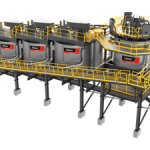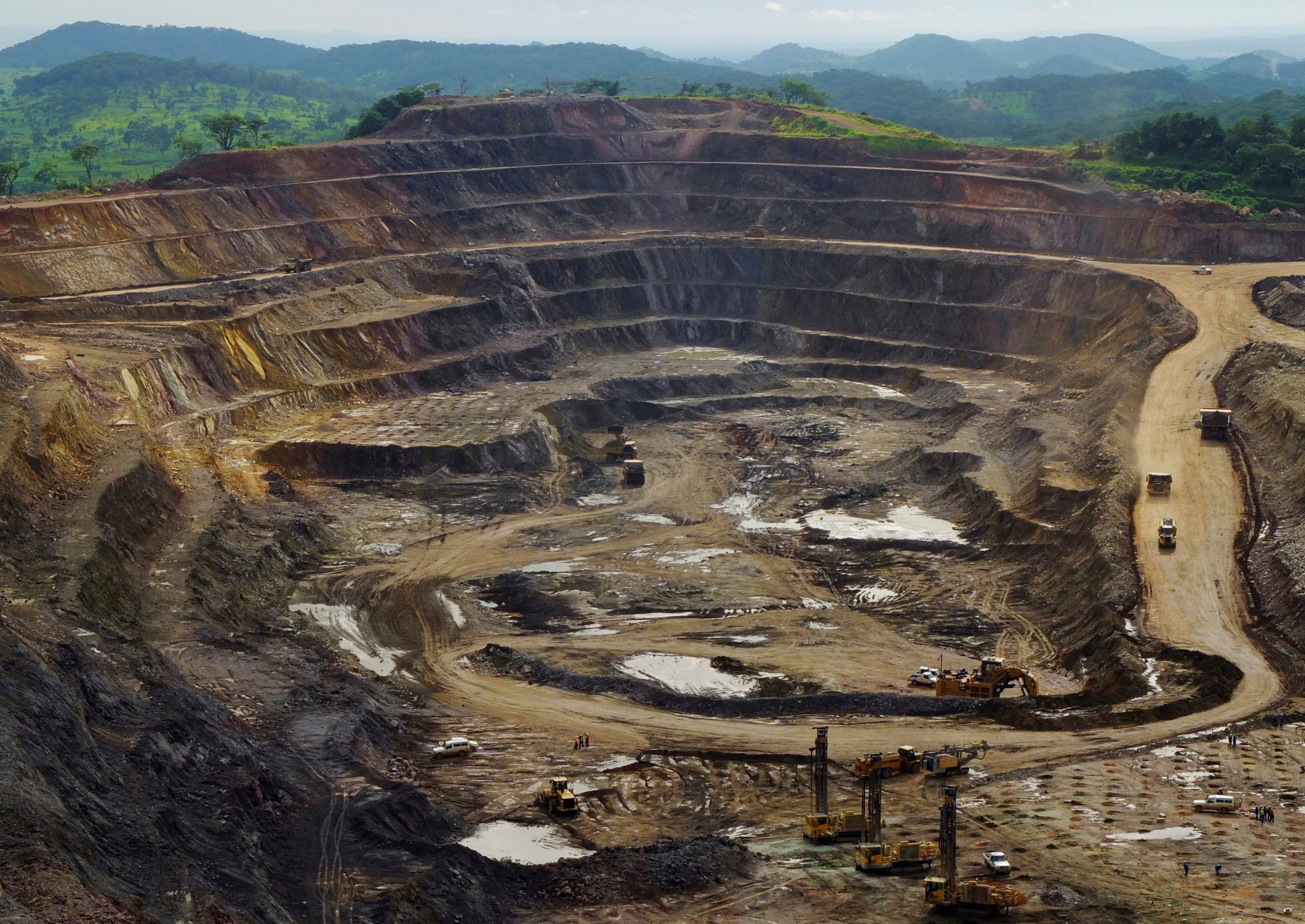China’s investment in Africa is experiencing a significant resurgence, particularly in infrastructure projects centered around vital minerals crucial for the global energy transition, notably lithium.
According to Reuters, China has committed substantial funds to new development initiatives and trade ventures in Africa, with recent Chinese investments soaring by 114% last year, as per data from the Griffith Asia Institute at Australia’s Griffith University.
A considerable portion of this investment is directed towards infrastructure development linked to minerals essential for the global energy shift and China’s economic revitalization strategy.
Figures from the American Enterprise Institute reveal a noteworthy upsurge, with investments reaching nearly $11 billion in 2023, marking the highest level since the institute began monitoring Chinese economic engagements in Africa in 2005.
A significant portion, around $7.8 billion, has been allocated to mining endeavors, including substantial investments in projects such as Botswana’s Khoemacau copper mine, acquired by China’s MMG Ltd for $1.9 billion, and developments in cobalt and lithium mining across countries like Namibia, Zambia, and Zimbabwe.
The pursuit of critical minerals is steering the expansion of infrastructure projects. Notably, Chinese firms have pledged up to $7 billion in infrastructure investments in the Democratic Republic of Congo as part of a revised agreement for their copper and cobalt joint venture.
Simultaneously, Western and Gulf powers are actively competing to lead the global energy transition. Reuters notes initiatives like the Lobito Corridor, supported by US and European governments, aimed at establishing a rail link to transport metals from Zambia and Congo to Africa’s Atlantic coast.
This underscores China’s current focus on critical minerals operations in Africa, as highlighted by its stakes in various mining companies, including Ivanhoe Mines, Lithium Americas, Altura Mining, Lithium Chile, Avalon Advanced Materials, NexGen Energy, Teck Resources, and Fortescue Metals Group.
However, China isn’t alone in its pursuit of critical minerals. The US has enacted the Inflation Reduction Act (IRA) to bolster its domestic supply of critical minerals, emphasizing energy transition, domestic manufacturing, and energy security. Likewise, the European Union has reached a provisional agreement on the Critical Raw Materials Act (CRMA) to secure sustainable access to critical raw materials.
These legislative measures reflect a global race to regain control over critical raw materials, prompted by supply chain vulnerabilities exposed during the pandemic and geopolitical tensions. Both the IRA and CRMA underscore the recognition that critical raw materials are pivotal for societal electrification and present significant implications and opportunities for the mining industry.















